AI in Space Exploration: The Future of Autonomous Space Missions
A new space age unfolds with the advent of advancements in Artificial Intelligence (AI). The foray of humankind into the cosmos comes with AI to it as the indispensable enabler and companion – no longer just a boundary for space agencies like NASA, SpaceX, and all others. Examples abound: from autonomous Mars rovers to AI-driven spacecraft navigating the vast expanse of space. Not long from now, the future of space missions depends on how the AI, operating in extreme environments that no human being can survive there, can process various massive amounts of data and make real-time decisions.
In this blog, we will discuss how AI is changing the race of space exploration, its role in the already running missions, and the exciting possibilities for autonomous space missions in the near future.
The Challenges of Space Exploration
It is truly not easy to explore space. From the extreme distances to harsh environments and then delays in communication, it would seem impossible for a human to control space missions. The farther out of Earth’s orbit that a space exploration mission can reach, the more limitations such a mission becomes. For instance, a signal from Earth to Mars could take up to 24 minutes just one way; thus, real-time human intervention could not happen in remote operations.
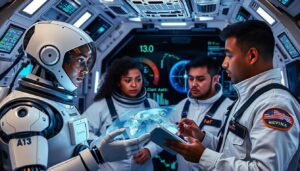
It is where AI is coming in to help the spacecraft and rovers and satellites to operate without human oversight. AI systems can analyze data, come up with decisions, and adapt to unforeseen challenges in real-time. This is where AI provides a strong solution to the long-standing humanly controlled space exploration definition.
AI in Current Space Missions
AI is already serving an important role in most of the missions going to outer space, enabling scientists to start developing insights and understanding into other planets, the monitoring of spacecraft systems, or even searching for signs of extraterrestrial life. Here are a few examples of AI used today in space exploration:
1. Self-driving rovers on Mars
In 2021, NASA successfully put its Perseverance rover on Mars, working on the primary front of AI. This rover uses an AI-enabled system, AutoNavi, which enables it to move around the Martian terrain without waiting for commands from Earth. Unlike previous rovers, “Perseverance can work on rugged terrain without waiting for instructions from Earth”. Instead, it relies on cameras and AI to map the environment, detect obstructions, and determine where it should go with the safest, most efficient path forward. With this autonomy, the Perseverance rover can cover much more ground and conduct far more scientific experiments in a far shorter timescale than would have been possible for any of its predecessors.
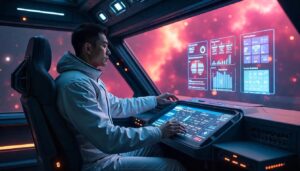
Such a technology may play a crucial role in future Mars missions. It may find its application particularly in human missions, where it would allow an autonomous robot to assist in pre-mission setup and resource gathering, or even build habitations.
2. AI-Guided Spacecraft
The mission to collect samples from asteroid Bennu could only be safeguarded by AI to approach and land on the surface safely. The rough terrain of Bennu, as well as its unshaped identity, made it tricky, and thus the spacecraft was expected to adjust its descent at real time. NFT permitted the spacecraft to make comparisons of real images using an onboard map of the asteroid’s surface, comparing real-time images captured to those in the onboard map, which ensured safe navigation over the surface. This ability was very critical for the success of OSIRIS-REx’s touch-and-go touch-and-go maneuver to collect samples from Bennu in 2020.
AI-controlled space debris observation and its complex maneuvering, together with health monitoring systems status, keep the mission on track, while equipment performances are at high levels.
3. Data Processing and Analysis
Such a space mission would indeed aggregate an enormous amount of data, including pictures taken from far-flung planets and readings of various scientific instruments. It would take months if not years to draw any conclusions based upon this amount of data manually. AI would totally transform such a process through machine learning algorithms on vast data sets that may lead to patterns or anomalies otherwise unnoticed.
For example, NASA’s Kepler Space Telescope was using AI to analyze light curves coming from distant stars in the search for exoplanets, thus helping discover thousands of heavenly bodies through the minute dips in brightness caused by planets passing in front of their stars. Being able to perform such heavy computation at lightning speed makes AI a resource that is crucial in future space missions; it will help scientists keep their attention only on leads and discoveries that seem most plausible.
4. AI Satellites
But AI is further revolutionizing satellite technology. Earth-observing satellites equipped with AI systems can run data processing onboard and make decisions in real-time about which areas to monitor more closely. This greatly reduces the amount of data that needs to be retrieved by Earth, along with providing better management of satellite resources. Moreover, AI-driven satellites can make autonomous orbit adjustments to avoid space debris or position themselves better for maximum data collection.
For instance, ESA’s Φ-sat-1 is an AI satellite that filters unnecessary information and can only relay back to Earth critical data during an operation. That streamlined the way the satellite worked-just receiving those high-quality, actionable communications from scientists.
Future of Autonomous Space Missions
Potentially unlimited space exploration by AI itself may soon be achievable as the world evolves and so does AI. Autonomous systems are likely to play an integral role in the exploration of deep space and human missions to other planets, and perhaps even interstellar travel. Here are a few ways AI will shape the future of space missions:
1. Artificial Intelligence-Driven Exploration of Distant Worlds
Enabling missions to distant planets and moons is one of the very promising areas for AI in space exploration. For instance, in a mission to Europa, spacecraft and landers would have to operate autonomously with no human intervention over long periods. AI systems would be able to go into the environment, sample, and run experiments while adjusting when circumstances were otherwise.
Future space missions are likely to rely on AI-driven robots when they explore uncrewed planets in other solar systems. Many of these robots may be equipped with AI to assist them in making certain decisions, such as determining landing sites, which rocks to collect samples from, or how to steer clear of potential dangers.
2. AI in Human Space Exploration
The advent of AI toward missions will be crucial to the success of sending humans to Mars and beyond. For example, AI assistants on board spacecraft can assist astronauts with routine tasks, enable more frequent monitoring of spacecraft systems, or even make a medical diagnosis in case of emergencies. These systems will be of prime importance in long-duration missions, wherein the astronauts have to continue space travel by their autonomous technologies and handle solutions for spacecraft systems and others in real time, without immediate help from Earth.
But that has SpaceX is already making use of AI in guiding its rockets and space craft, while future manned space missions could see even much more significant integration of AI in mission control systems. AI can also help sustain life for explorers of other planets by regulating the use of air, water, and food in any off-world colonies.
3. Interstellar AI Probes
One of the most significant dreams of space enthusiasts and researchers is an exploration of other star systems; though still far away, AI will be at the core of such missions. Given the distance, interstellar probes have to operate autonomously for decades and even centuries. Such probes will require strong AI in order to navigate the cosmos, adapt to new, unknown environments, and, say, decide for themselves where to go or what to research.
Projects like Breakthrough Stars hot already think of tiny, AI-controlled spacecraft to bridge the distance to the closest star system, Alpha Centauri, moving at a fraction of the light speed. Such spacecraft will have to operate autonomously because they can change trajectory, collect scientific measurements, and send back information to Earth without any human interaction.
Ethical Issues Involved in AI in Space
The rise of AI in space research sparks ethical questions. Can we depend on the reliability of AI when making such crucial decisions independent of human intervention? What measures can we take to ensure that autonomous systems do not create unintended consequences or threats to future space operations?
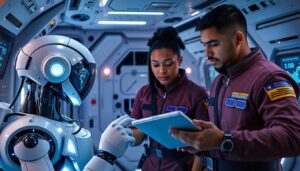 Clearly, with such integration, transparency, reliability, and robustness will be prime concerns in space exploration using AI. Indeed, rigorous testing and validation will also be necessary to guarantee that AI systems can handle extreme environments and function safely along with human astronauts or as independent explorers.
Clearly, with such integration, transparency, reliability, and robustness will be prime concerns in space exploration using AI. Indeed, rigorous testing and validation will also be necessary to guarantee that AI systems can handle extreme environments and function safely along with human astronauts or as independent explorers.
Conclusion: AI and the Future of Space Exploration
AI is fast emerging as the driving force behind the new wave of space exploration: travel through far greater miles than could ever be done before with greater efficiency and precision. From self-willed rovers moving on Mars to AI-guided spacecraft around asteroids, AI totally changes how we approach space missions. One day, AI will play a crucial role in the exploration of deep space, human missions to Mars, and even interstellar travel, as it opens up new frontiers and brings us closer to understanding the mysteries of the cosmos.
The future of space exploration will involve collaboration between humans and machines-algorithms designed to help humans overcome the challenges of space and unlock the next chapter of humanity’s journey to the stars.
Important Link
- How did Kris Kristofferson die
- How to sign in bank of America online
- Millie Bobby Brown and Jake Bongiovi: A Love Story for the Ages
- India Women vs South Africa Women Cricket Match 2024
- Is Iran attacking Israel
- What happened to John Amos
- How many leagues are there in sports
- What are sports leagues
- How many times India beat Bangladesh?
Disclaimer: chronobazaar.com is created only for the purpose of education and knowledge. For any queries, disclaimer is requested to kindly contact us. We assure you we will do our best. We do not support piracy. If in any way it violates the law or there is any problem, please mail us on chronobazaar2.0@gmail.com

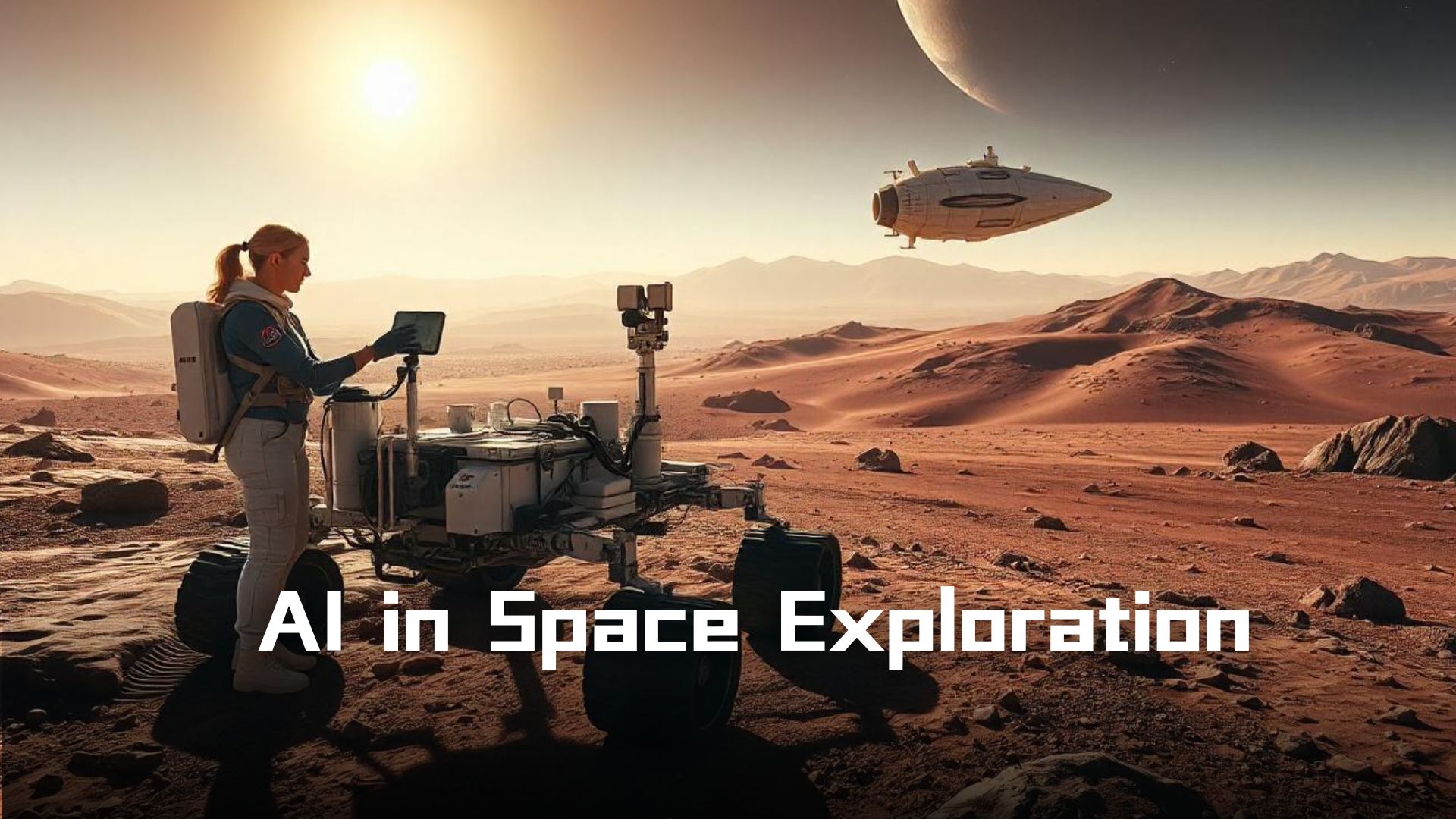

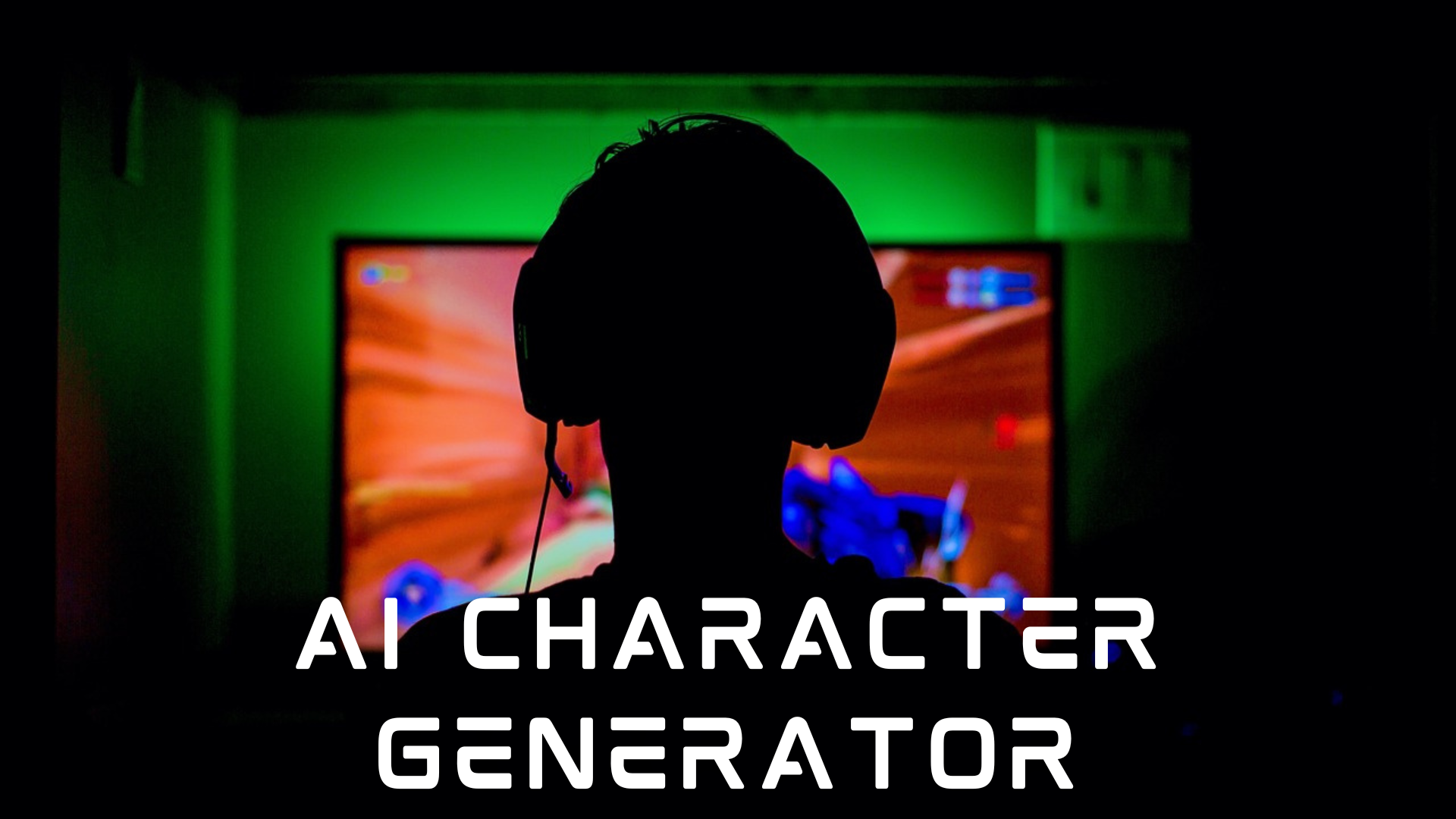
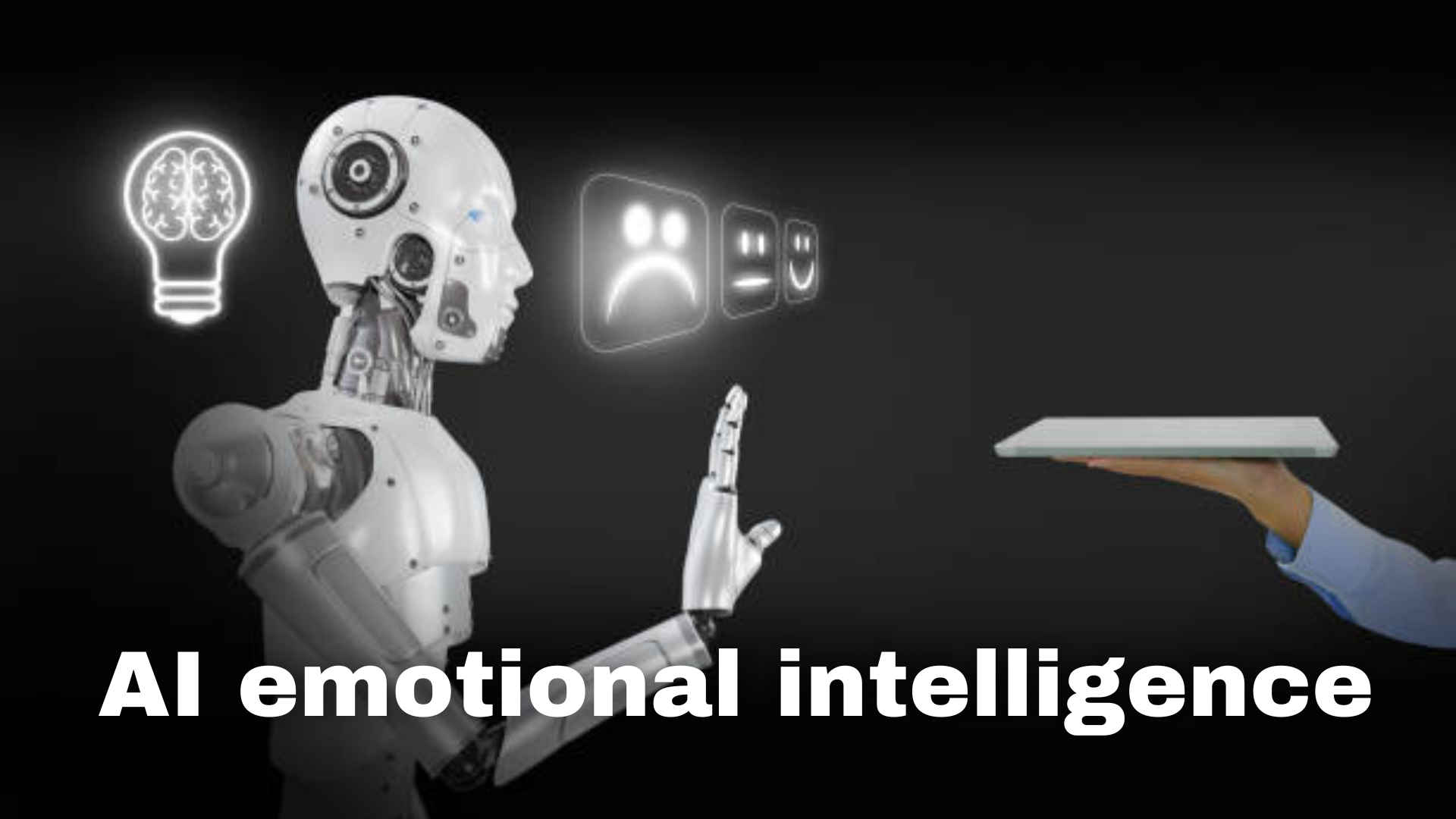
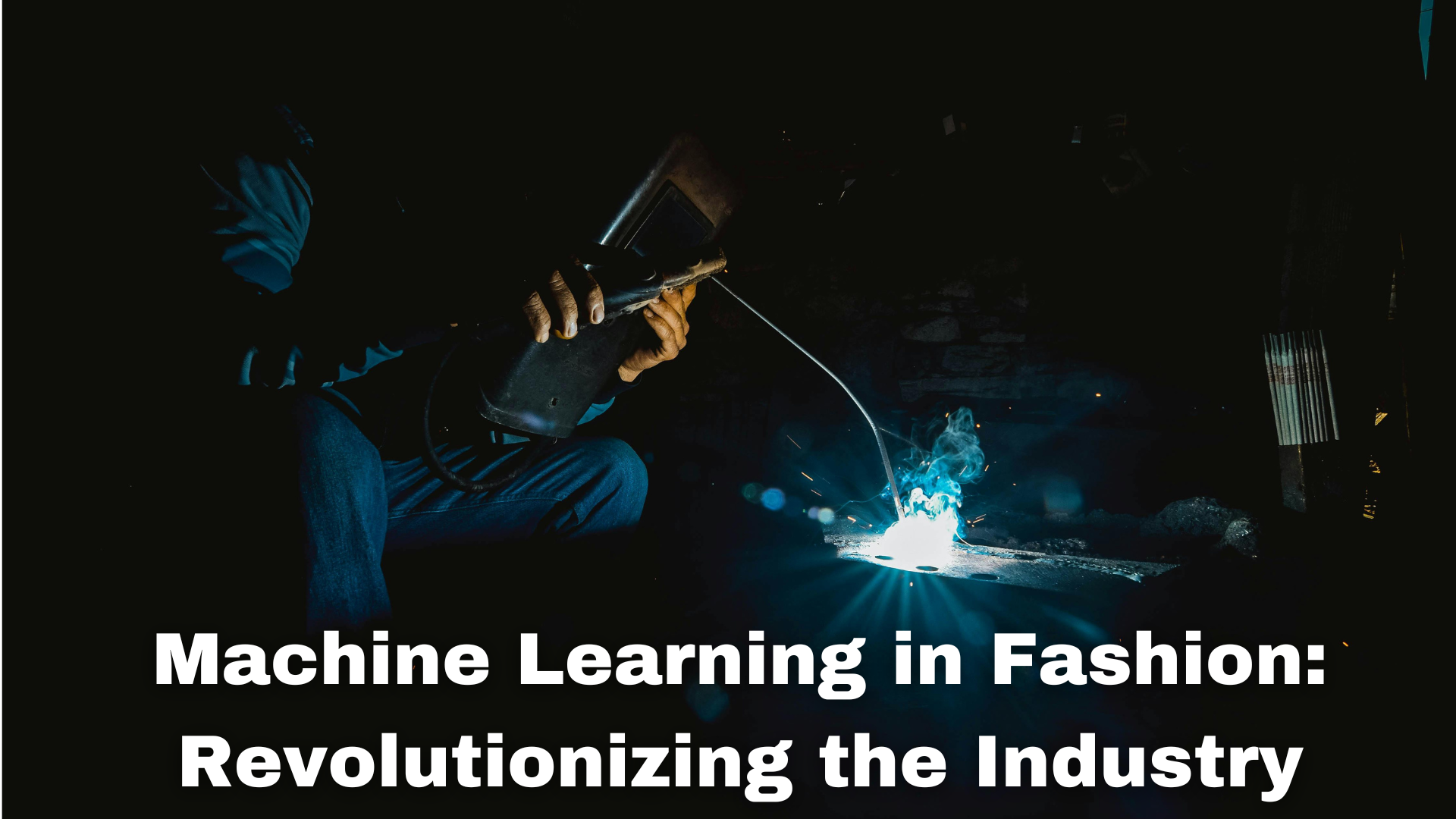
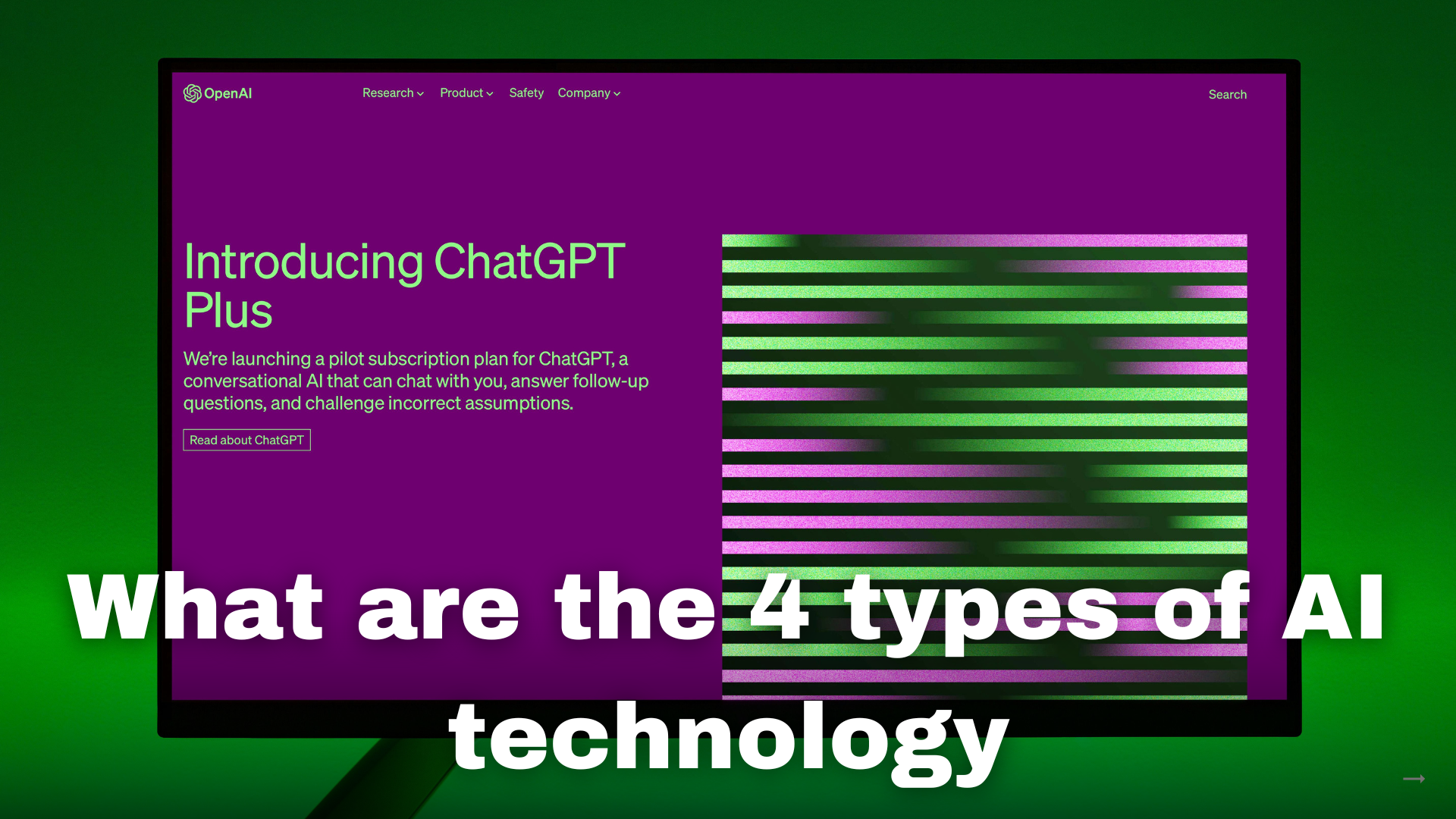




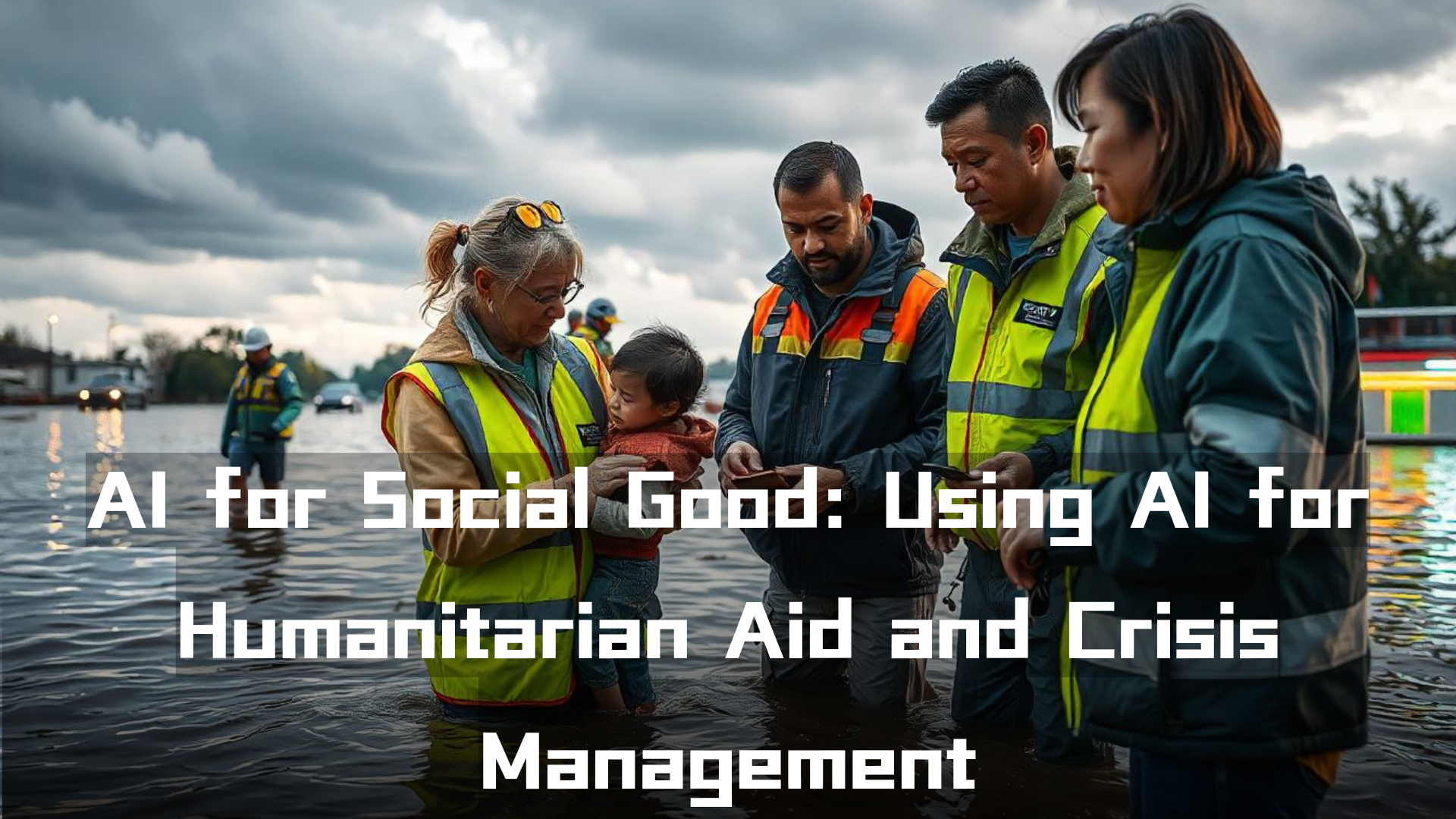




Leave a Reply